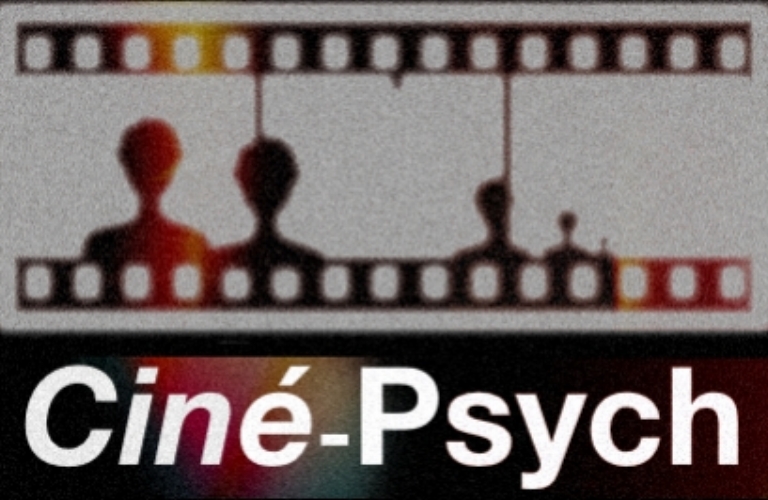melancholia (2011) | DIR. lars von trier | denmark
REVIEWED BY Daniel Lazzam
Synopsis: Justine sinks deeper and deeper into depression as her sister Claire frantically tries to salvage Justine’s wedding; meanwhile, a rogue planet, Melancholia, approaches on a collision course with earth. As the planet looms closer, both sisters must come to terms with the end of the world.
Stylistic Elements: Lars von Trier’s signature warping of time opens the movie, with Justine’s movements stretched out as though in molasses, tree branches ensnaring her. Hand-held camera-work lends an almost uncomfortable intimacy to the film, giving it a candid quality, especially during the wedding itself. Nonetheless, shots of the film are composed like renaissance paintings: nighttime views of the gardens of the castle studded with almost dentate topiary, Melancholia hanging low on the horizon, and Justine as Millais’s Ophelia are especially beautiful. Von Trier also makes extensive use of Wagner’s Prelude from Tristan und Isolde; a musical piece which famously spends its entirety building to a climax that never satisfyingly resolves. The pacing and repetition of the song within the film creates an almost gauche effect, and yet the overall impression is somehow perfectly in keeping with the film.
Characters: Kirsten Dunst’s performance deservedly won best actress at Cannes upon the film’s release; she is spectacular as Justine, heartbreakingly evoking ennui and paralyzing depression. Charlotte Gainsbourg delivers a more subtle but also brilliant performance as Claire; her spiral into grief is gripping. Udo Kier and Charlotte Rampling are viciously entertaining in background roles as the wedding planner and the sisters’ mother.
Narrative Quality: Astrophysics aside, Melancholia is a tragically realistic vignette of the struggles of two women with depression; Justine’s enervation during her own wedding rings heartbreakingly true, most poignantly during a scene of her in the bath, and her later stupor shows the extremes of the illness. Her recovery during the last days of the earth demonstrates the interesting phenomenon of those with depression sometimes coping better during catastrophes; when one has been catastrophizing and preparing for the worst for so long, its realization brings a curious vindication. Claire, conversely, shows the response of previously “normal” people during such events; sudden, overwhelming fear and despair, normal to Justine and yet horrific to others.
Emotional Impact: At times overwrought, as is typical of Lars von Trier, the film is nonetheless a nuanced and beautiful portrayal of depression, how we embrace trauma and loss.
Educational Score: 9/10; while a snapshot of depression in extraordinary circumstances, Melancholia is nonetheless a devastatingly real portrait of depression, and one uniquely suited for the age of COVID-19, during which a similar, complex phenomenon of those with mental illness coping better than expected has been observed.
